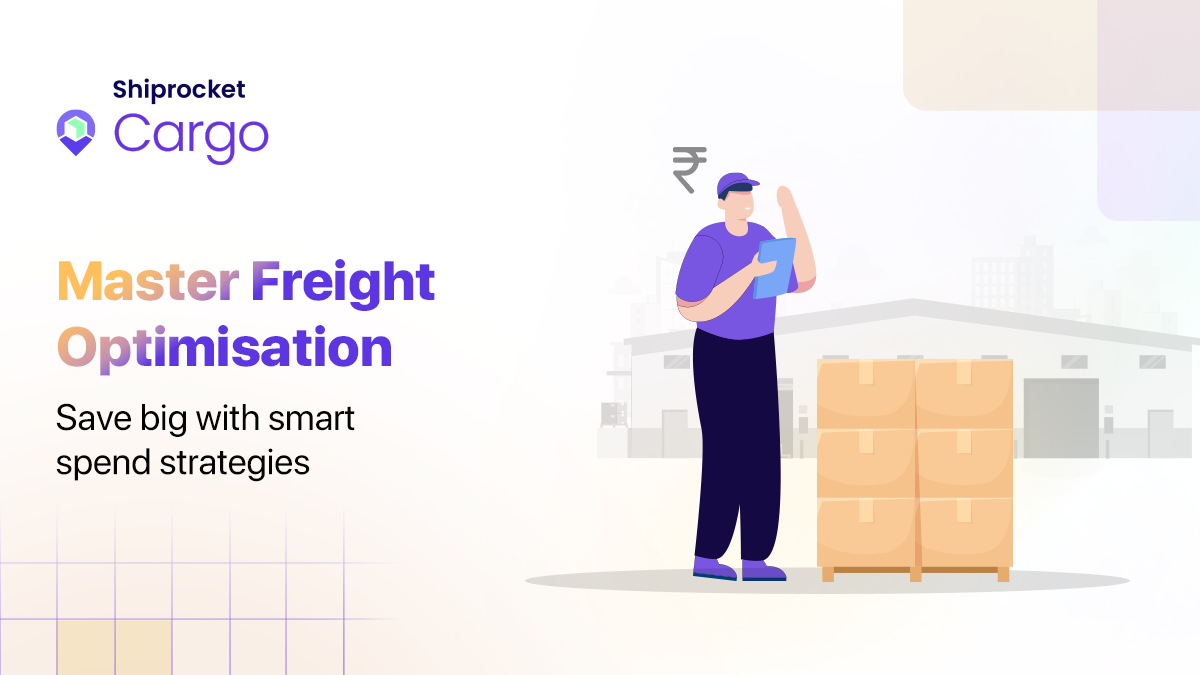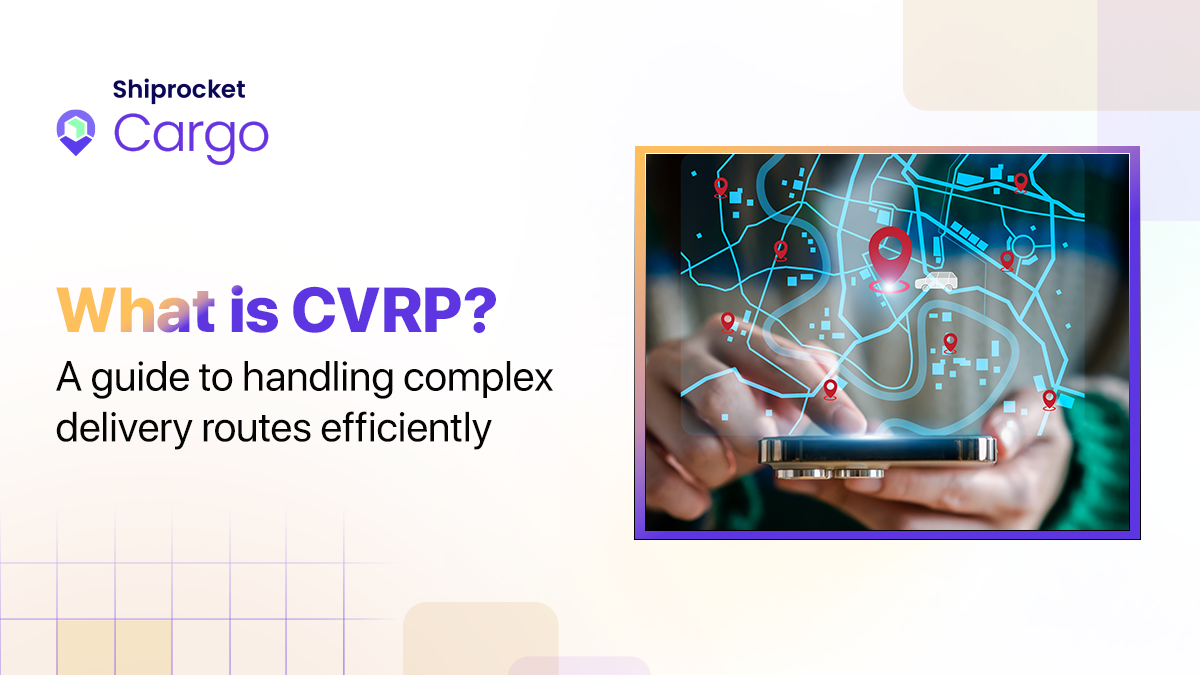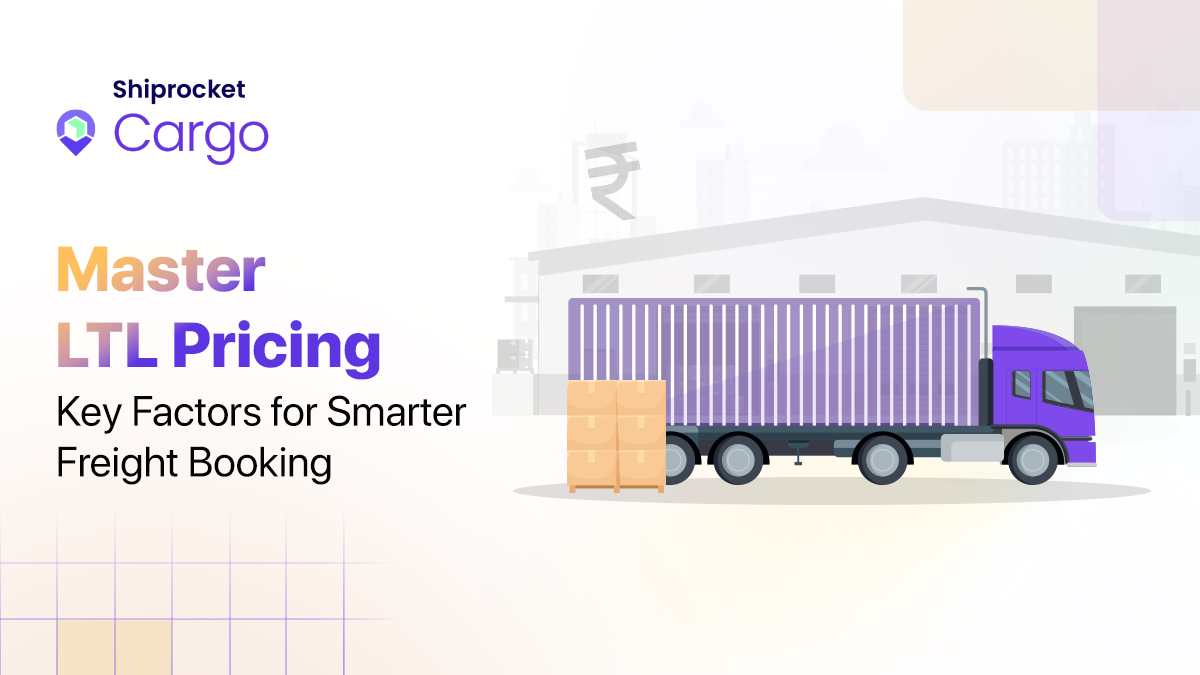Is a B2B 3PL Provider Right for Your Business?

A B2B 3PL, or a third-party logistics provider, can be a game-changer for businesses looking to streamline their supply chain operations and reduce costs. These companies offer a range of services, including warehousing, transportation, and order fulfilment, allowing businesses to outsource the logistics aspect of their operations. This can free up time and resources, allowing companies to focus on their core competencies.
However, choosing the right B2B 3PL is crucial. Businesses must consider experience, reputation, cost, and services offered to determine if a B2B 3PL is right for them. By carefully evaluating their needs and goals, businesses can find the right partner to help them succeed in the long term.
What is B2B Business?
B2B, “business-to-business,” refers to transactions between companies rather than between a company and a consumer. B2B businesses sell products or services to other businesses that will use them as inputs for their production processes or to provide to their customers.
Examples of B2B industries include wholesale trade, manufacturing, and professional services such as consulting or advertising. B2B transactions often involve larger quantities, longer lead times, and more complex supply chain and delivery systems than B2C (business-to-consumer) transactions.
Related: Route Optimization: What It Is & How to Ace it in 2023
What is a 3PL?
A 3PL (Third-Party Logistics) is a company that provides outsourced logistics services to businesses to manage their supply chain functions, such as storage, transportation, and distribution of goods. These companies handle various tasks, such as order fulfilment, transportation management, warehousing, and inventory management, on behalf of their clients. The objective of a 3PL is to allow businesses to focus on their core competencies while outsourcing logistics to a specialized provider.
Let Shiprocket Cargo handle all your logistics problems. You just need to sign up with us!
5 Benefits of B2B 3PL
When you join forces with the right 3PL, you gain access to a world of B2B logistics solutions. 3PLs with the necessary experience, carrier access, and relationships are well-positioned to assist you in navigating all of the unique shipping requirements and potential pitfalls of B2B shipping.
You can use the right B2B 3PL to help your company:
- Quickly Scale Between Service Types
A B2B 3PL (third-party logistics) company providing greater flexibility to meet the changing needs of their clients. This ability to quickly adjust service offerings can help the 3PL better serve its customers, increase customer satisfaction, and allow the 3PL to stay competitive in a rapidly changing market. Additionally, being able to scale services quickly can lead to cost savings and increased efficiency for the 3PL, resulting in improved profitability.
- Easily Manage Inbound and Outbound Shipping
It benefits B2B third-party logistics (3PL) providers by allowing them to provide their clients with more efficient and reliable logistics services. With a streamlined system for managing shipping, 3PLs can reduce shipping errors and delays, improve delivery times, and enhance overall customer satisfaction. This, in turn, can lead to increased business for the 3PL and improved client relationships.
- Excel at One-off or Recurring Services
Excel can be a benefit for B2B 3PL companies in both one-off and recurring services in several ways:
- Data Management: Excel allows for the storage, organization, and manipulation of large amounts of data, making it easier for B2B 3PL companies to track and manage their inventory, shipments, and customer information.
- Automation: Excel offers various tools and formulas to automate repetitive tasks, freeing up time and resources for B2B 3PL companies to focus on more strategic tasks.
- Reporting: Excel can create detailed reports and charts that provide a clear picture of the performance and status of various operations, making it easier for B2B 3PL companies to track their progress and make informed decisions.
- Budgeting and Forecasting: Excel can create and track budgets, forecast future trends and analyze data to help B2B 3PL companies make informed financial decisions.
- Customization: Excel is flexible and customizable, allowing B2B 3PL companies to create unique and tailored solutions to meet their specific needs.
4. Succeed at Reverse Logistics
Success in reverse logistics can bring several benefits for a B2B 3PL (Third-Party Logistics) company, such as:
- Increased customer satisfaction: By efficiently managing the reverse logistics process, a B2B 3PL company can provide a better customer experience, leading to increased customer satisfaction and loyalty.
- Improved brand reputation: A well-executed reverse logistics process can positively impact a company’s brand reputation, showing its commitment to sustainability and responsible practices.
- Increased revenue: Reverse logistics can open up new revenue streams for a B2B 3PL company by reducing waste and finding new ways to reuse and recycle materials.
- Improved operational efficiency: By streamlining the reverse logistics process, a B2B 3PL company can enhance its operational efficiency and reduce costs associated with handling returns and excess inventory.
Overall, success in reverse logistics can bring various benefits to a B2B 3PL company, including increased customer satisfaction, improved brand reputation, revenue, and operational efficiency.
5. Handle Hazardous Materials
Handling hazardous materials benefits B2B 3PL (Third-Party Logistics) companies by allowing them to offer additional services to their customers, thereby increasing their competitiveness and profitability.
Managing hazardous materials safely and efficiently demonstrates a company’s expertise and compliance with regulations, which can build customer trust and confidence. Furthermore, it can open up new markets and revenue streams, as many industries require transporting and storing hazardous materials.
Related: Benefits and Significance of Warehouse Management System in B2B Logistics
What Can Shiprocket Cargo Bring to Your Table?
A third-party logistics (3PL) company Shiprocket Cargo can bring several benefits to a business, including:
Cost Savings
A B2B 3PL company often has economies of scale that allow them to provide transportation and storage services at a lower cost than if the business were to handle these operations independently.
Improved Efficiency
Shiprocket Cargo has the expertise and technology to optimize supply chain operations, which can result in faster and more reliable delivery times for customers.
Flexibility
This b2b company can quickly adapt to changes in demand, allowing businesses to respond to market changes without investing significantly in new infrastructure or personnel.
Access to a Wider Network
Shiprocket Cargo often has relationships with multiple carriers, giving businesses access to a wider network of transportation options and better negotiating power.
Reduced Risk
By outsourcing logistics operations to a 3PL company, businesses can reduce their exposure to operational risks such as transportation delays and inventory management problems.
Conclusion
Whether a B2B 3PL (Third-Party Logistics) is right for your business depends on several factors, including the size of your business, the type of products you sell, the complexity of your supply chain, and your shipping and storage needs.
If you have a growing business that requires a reliable and efficient logistics partner, a B2B 3PL could be a good option. However, it is important to carefully consider the cost, reliability, and capabilities of the 3PL provider before making a decision.
Frequently Asked Questions
Q1. Can a 3PL provide B2B and B2C fulfilment services?
A1. Yes, a 3PL can provide B2B and B2C fulfilment services, offering storage, shipping, and distribution solutions for businesses and direct-to-consumer shipments.
Q2. Why should you hire a 3PL for your logistic services?
A2. Hiring a 3PL (Third-Party Logistics) provider can bring cost savings, increased efficiency, and improved service for your logistics operations. A 3PL has the expertise and resources to handle various logistics tasks such as transportation, warehousing, and order fulfillment, freeing up your time to focus on core business activities. Additionally, a 3PL can provide flexible and scalable solutions, which can be adjusted to meet your changing business needs.
Q3. What makes a good third-party logistics provider?
A3. A good 3PL provider should have a proven track record of delivering efficient, cost-effective, and reliable logistics solutions. They should possess strong industry expertise and a broad network of resources. Good communication, technology and data management systems, and a customer-centric approach are key traits of a quality 3PL. A good 3PL should also be able to offer flexible solutions that can adapt to the changing needs of your business.




